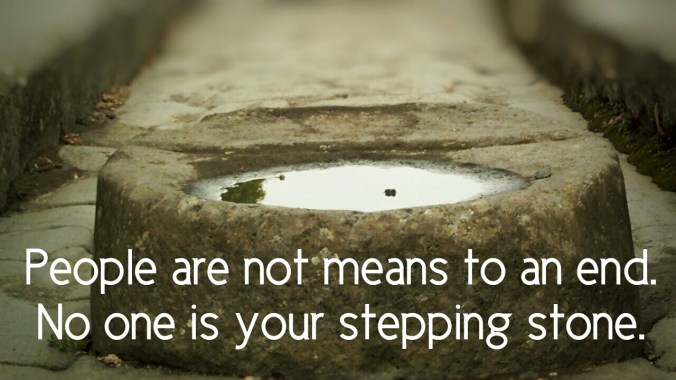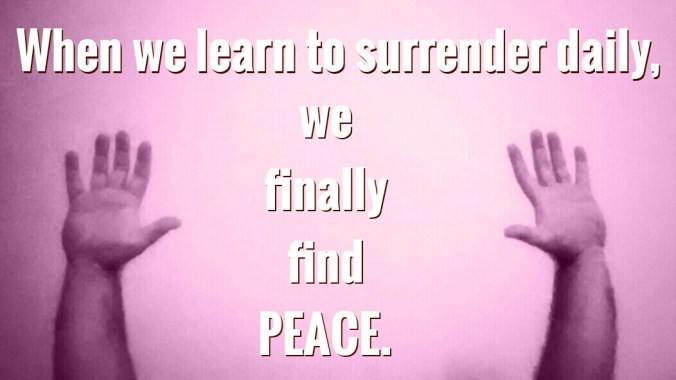
Today’s readings: Psalms 98; 147:12-20, 1 Kings 3:5-14, James 4:13-17, 5:7-11, John 5:1-15
Faith is, among other things, a path to wholeness. We may feel we walk it alone, but fellow travelers always accompany us. Therefore we need to be mindful of both the destination and our conduct along the way. On his path Jesus encounters a sick man who has been waiting 38 years to get into a pool with alleged healing properties. When Jesus asks if he wants to be made well, the man replies: “Sir, I have no one to put me into the pool when the water is stirred up; and while I am making my way, someone else steps down ahead of me.” In 38 years not one person headed to the same destination for the same purpose had offered to help him. Worse, they had stopped him. These people were probably not malicious, but in their desperation and single-mindedness paid him no regard. Instead, he became their stepping stone.
How do we treat our fellow travelers? What goals are we so focused on that we can’t see the need around us? Perhaps we give others what we want them to need, instead of what they really do. Or maybe our need for a perfectly executed church service results in a less meaningful one. Our best intentions to create an inclusive, mission-centered, welcoming community will be short-sighted and potentially hurtful if we can’t place our personal goals in the context of the gathered faithful. Maybe we’ll make it to the pool, but what will we leave in our wake?
On the other side of this equation, today’s story teaches us our wholeness does not ultimately depend on our fellow travelers, but on God’s endless mercy. When Jesus tells the sick man to take up his mat and walk, the lack of mercy from everyone else becomes irrelevant. The beauty of the healing is lost on his fellow travelers who are more concerned he is carrying his mat in violation of Jewish sabbath law. Eyes set upon their own ritual holiness, they attack the uncontrollable divinity in their midst. Sometimes the most important part of our faith journey is the detour.
Comfort: We are never alone in our faith journey.
Challenge: We are never alone in our faith journey.




